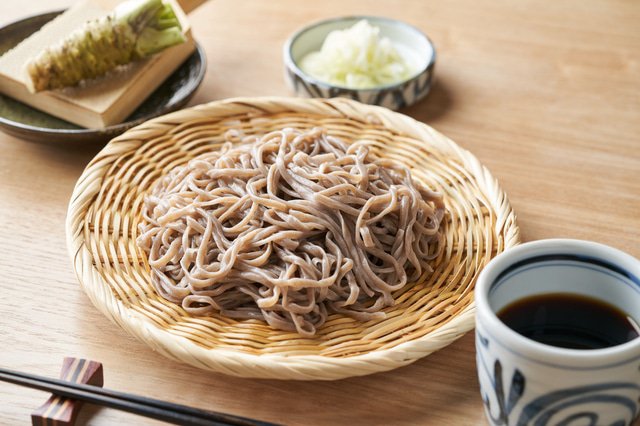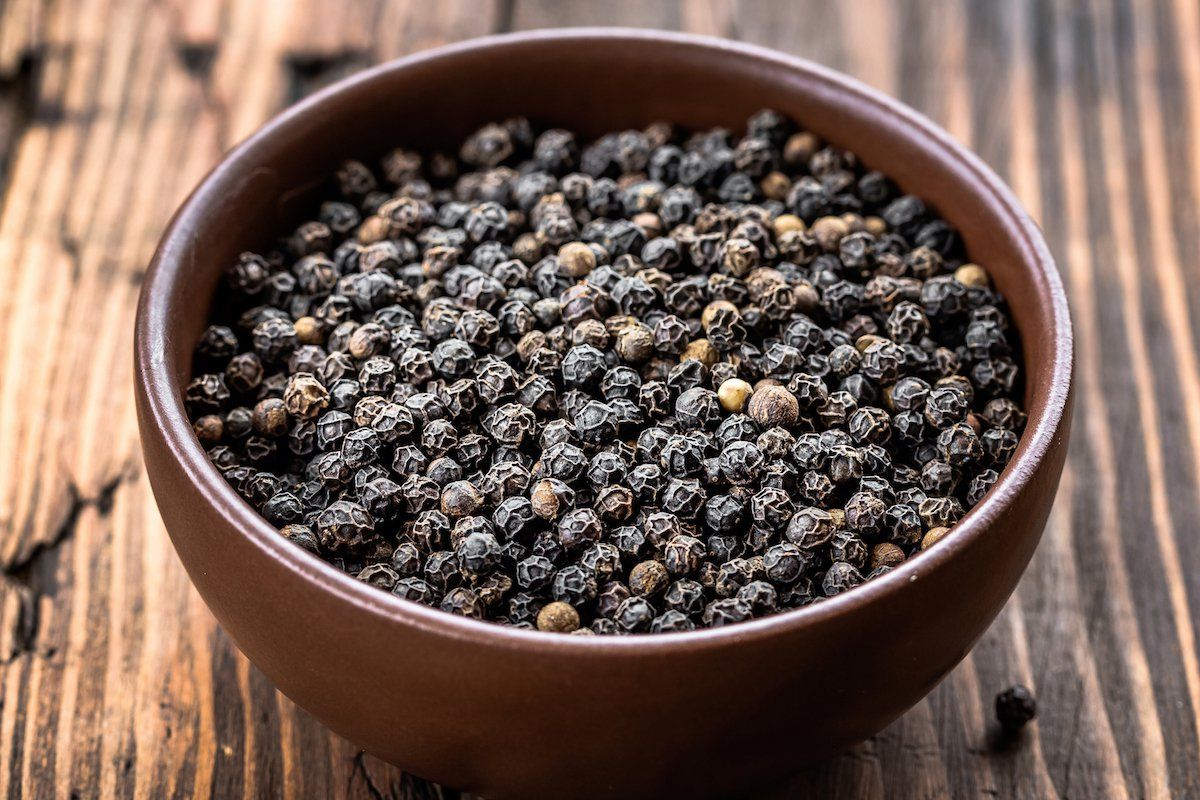- Soba noodles are a type of Japanese noodle made from buckwheat flour. They have gained popularity in recent years due to their unique flavor, versatility, and potential health benefits. In this comprehensive guide, we will delve into the nutritional profile of soba noodles to answer the question: Are they healthy?
- To begin with, soba noodles are relatively low in calories compared to other types of noodles. A single serving of soba noodles, which is around 100 grams, contains approximately 113 calories. This makes them a suitable option for individuals who are watching their calorie intake or trying to maintain a healthy weight.
- One of the key nutritional advantages of soba noodles is their high fiber content. Fiber is essential for maintaining a healthy digestive system and can help regulate blood sugar levels. A serving of soba noodles typically contains around 3 grams of fiber, which contributes to a feeling of fullness and aids in digestion.
- Another significant component of soba noodles is the presence of buckwheat. Buckwheat is not technically a grain but a seed and is gluten-free, making soba noodles a suitable option for individuals with gluten sensitivity or celiac disease. Buckwheat is also a rich source of complex carbohydrates, which provide a steady release of energy and are less likely to cause blood sugar spikes compared to simple carbohydrates.
- Soba noodles are also a good source of several essential nutrients. They contain notable amounts of protein, iron, and B vitamins. Protein is vital for the growth and repair of body tissues, while iron is necessary for oxygen transport and the prevention of anemia. B vitamins play a crucial role in energy metabolism and support overall well-being.
- Additionally, soba noodles are low in fat and cholesterol, which makes them heart-healthy. Consuming a diet low in saturated and trans fats can help reduce the risk of heart disease and maintain optimal cholesterol levels. However, it’s important to note that the nutritional content of soba noodles may vary depending on the brand or preparation method, so it’s always a good idea to check the packaging or consult a reliable source for accurate information.
- While soba noodles offer various nutritional benefits, it’s important to consider their sodium content. Some packaged soba noodles may contain added salt, which can contribute to high blood pressure if consumed in excess. Therefore, it’s advisable to opt for low-sodium or salt-free varieties and to use moderation when adding sauces or seasonings to your soba noodle dishes.
- When it comes to cooking and serving soba noodles, there are a few important factors to keep in mind. Firstly, be sure to follow the cooking instructions provided on the packaging, as soba noodles require a shorter cooking time compared to other types of pasta. Overcooking can result in a mushy texture and loss of nutrients.
- Secondly, rinsing soba noodles after cooking is essential. This step removes excess starch and prevents them from becoming sticky. Rinse the cooked noodles under cold water until they are no longer warm to the touch, and then drain thoroughly before incorporating them into your dish.
- Lastly, soba noodles can be enjoyed in a variety of ways. They can be served hot or cold, in soups, stir-fries, or salads. Traditional Japanese preparations often involve dipping the cooked noodles in a soy-based sauce called tsuyu. Experiment with different ingredients and seasonings to create flavorful and nutritious soba noodle dishes.
- In conclusion, soba noodles can be a healthy addition to a well-balanced diet. They offer a range of nutritional benefits, including being low in calories, high in fiber, and a good source of protein, iron, and B vitamins. Moreover, their gluten-free nature and low fat and cholesterol content make them suitable for individuals with specific dietary requirements. However, be mindful of the sodium content in packaged soba noodles and opt for low-sodium options when possible. With proper cooking and creative serving ideas, soba noodles can be a delicious and nutritious choice for your meals.
Latest posts by Anastasia Filipenko (see all)





